Career Killers: 5 Movies by Great Directors That Almost Cost Them Their Job
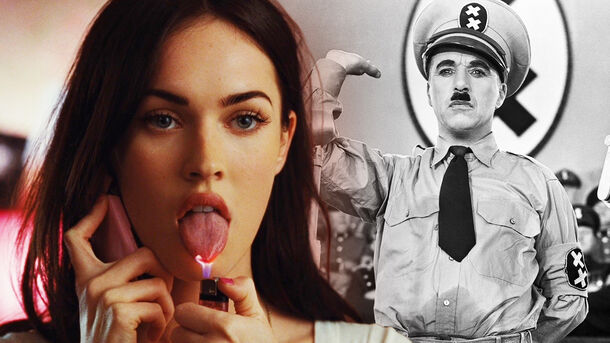
In Hollywood, success is often a high-wire act where one misstep can bring down even the most acclaimed filmmaker. Here are five examples of when that (almost) happened.
People often misunderstand films. For example, they receive a phenomenal backlash upon release, but after some time passes, the audience reevaluates these films and becomes more open. However, when this misjudgment involves a genuine masterpiece and results in such intense backlash that it derails a celebrated director’s career, it becomes far more tragic.
While some directors have left a lasting legacy, not all of their works were initially celebrated. In fact, these 5 films, now recognized for their influence or brilliance, were so controversial that they nearly ended the careers of their creators.
1. ‘It’s a Wonderful Life’ (1946) – Frank Capra
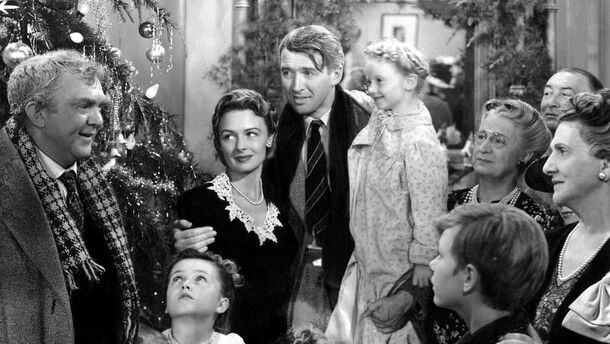
- On Rotten Tomatoes, It's a Wonderful Life has 94% from critics and 95% from viewers.
- On IMDb, It's a Wonderful Life has 8.6/10.
Today, It's a Wonderful Life is a holiday classic and a sentimental favorite, embodying the golden age of Hollywood. However, when Frank Capra released the film in 1946, it was a total commercial disappointment.
The movie failed to cover its production costs, and its dark, existential themes didn’t resonate with postwar audiences, who were in the mood for lighthearted fare.
The lukewarm response was a significant blow to Capra, one of the most celebrated directors of the 1930s. The film's initial failure contributed to the decline of his career in the 1950s.
2. ‘The Great Dictator’ (1940) – Charlie Chaplin
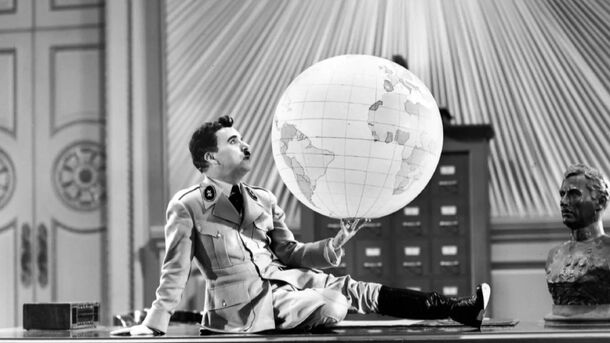
- On Rotten Tomatoes, The Great Dictator has 92% from critics and 95% from viewers.
- On IMDb, The Great Dictator has 8.4/10.
Charlie Chaplin risked everything with The Great Dictator, a bold satire that mocked Adolf Hitler at a time when the U.S. was still officially neutral in World War II. Many in Hollywood found Chaplin's portrayal of fascism to be too provocative and politically dangerous.
Although the film was financially successful, it received harsh criticism and led to increased scrutiny of Chaplin’s political views. This backlash foreshadowed his later exile from the United States during the McCarthy era.
3. ‘Freaks’ (1932) – Tod Browning
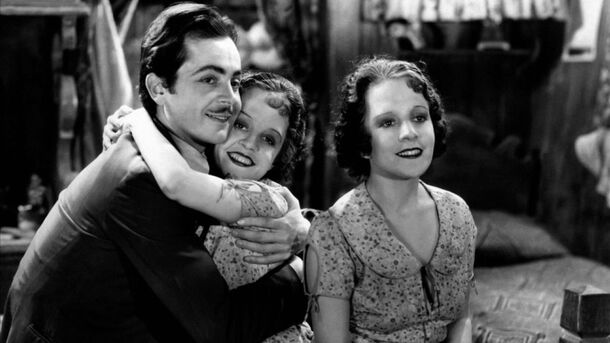
- On Rotten Tomatoes, Freaks has 95% from critics and 88% from viewers.
- On IMDb, Freaks has 7.8/10.
Tod Browning was enjoying success after Dracula, but Freaks, a horror movie featuring real sideshow performers, was too shocking for its time. Both audiences and critics rejected it for its perceived exploitation and grotesque imagery.
Metro-Goldwyn-Mayer heavily edited the film, which permanently damaged Browning’s reputation. Once considered a top director, he struggled to find work afterward. It wasn’t until the 1960s that Freaks was reevaluated as a groundbreaking cult classic for its portrayal of disability and otherness.
4. ‘Peeping Tom’ (1960) – Michael Powell
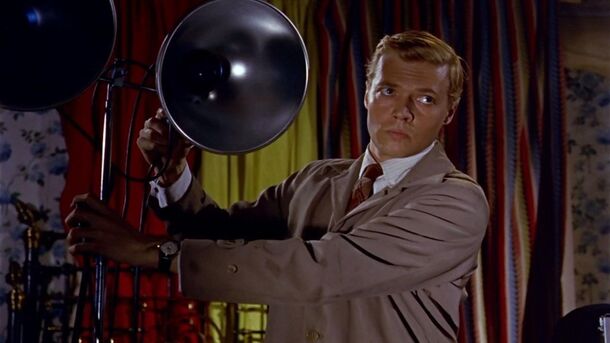
- On Rotten Tomatoes, Peeping Tom has 96% from critics and 85% from viewers.
- On IMDb, Peeping Tom has 7.6/10.
Peeping Tom destroyed Michael Powell’s career in the UK. A psychological thriller about a voyeuristic killer, the film was considered morally repugnant by critics at the time.
The backlash was so intense that Powell, once half of the legendary Powell-Pressburger duo, was blacklisted everywhere. His fall from grace was dramatic and it wasn't until the 1970s and '80s that directors like Martin Scorsese began championing Peeping Tom as a misunderstood masterpiece, which eventually restored Powell's reputation, though never his career.
5. ‘Jennifer’s Body’ (2009) – Karyn Kusama
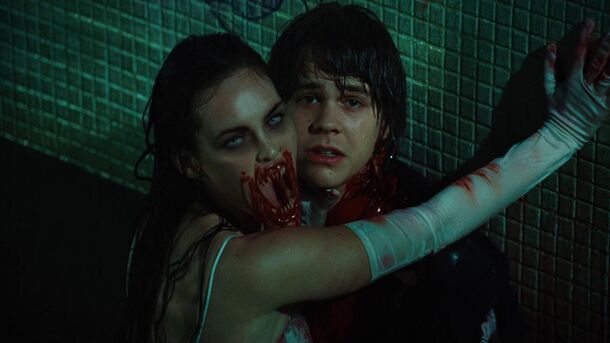
- On Rotten Tomatoes, Jennifer’s Body has 46% from critics and 36% from viewers.
- On IMDb, Jennifer’s Body has 5.5/10.
A more recent example is definitely Jennifer’s Body. When the movie premiered, it was dismissed as a messy teen horror flick, hampered by marketing that prioritized Megan Fox’s sex appeal over the film’s feminist themes. Interestingly, though, the director actively disagreed with the misleading campaign that failed the movie.
The commercial failure severely impacted Kusama’s career, forcing her to retreat from major studio projects. However, the film found new life in the 2010s as a feminist cult hit, praised for its subversive take on gender, sexuality, and revenge. Kusama has since rebuilt her career, with the film now seen as ahead of its time.
